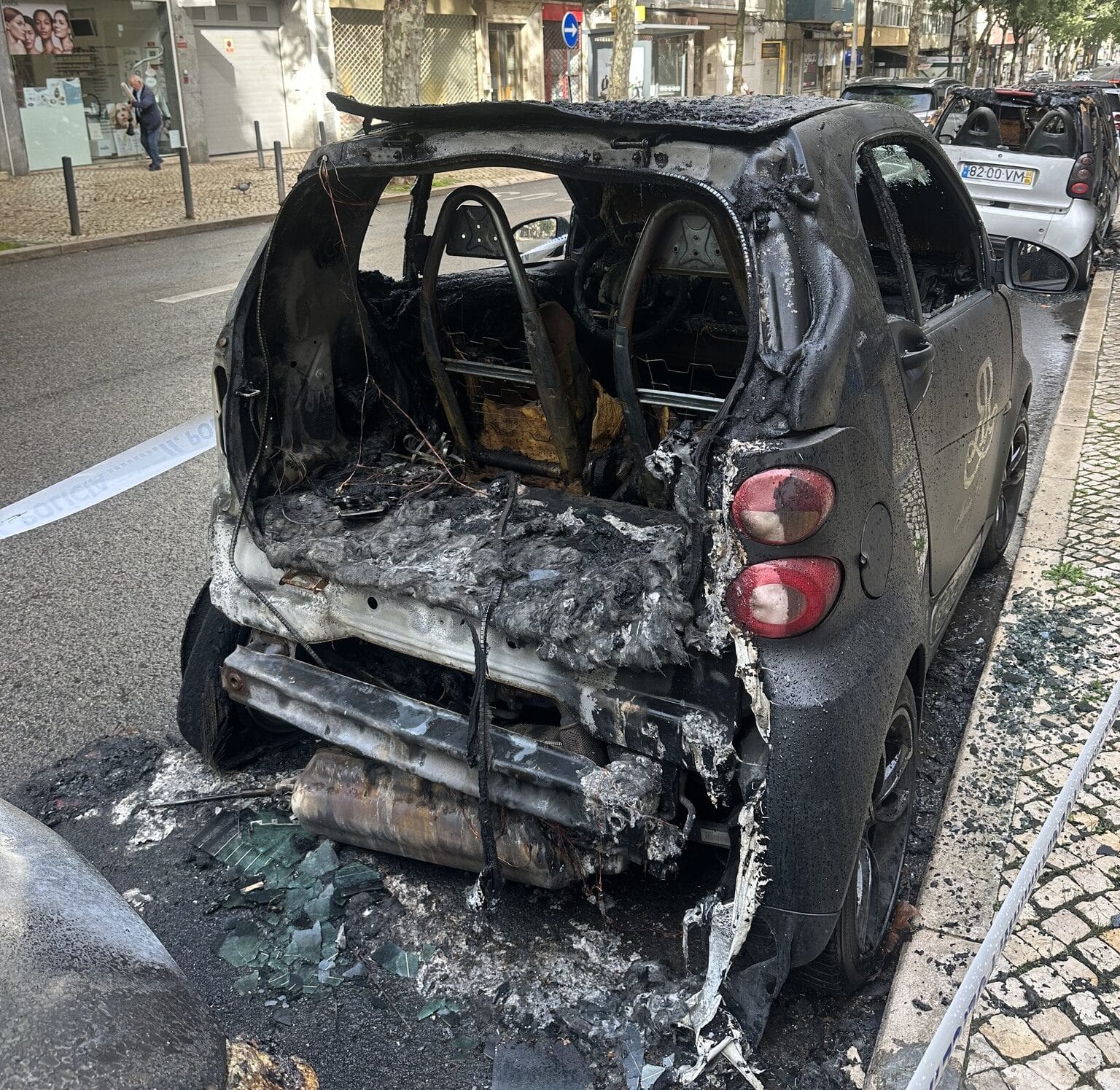Number of rapes ‘highest in decade’
Provisional data from the Annual Internal Security Report (RASI) for 2024 shows that violent and serious crime, as well as juvenile delinquency, has risen again in Portugal.
According to Expresso, which quotes the report, there has been an ‘increase of almost 3% in this type of crime’, leading to more than 14,000 incident reports.
Among violent crimes that rose the most in Portugal last year were:
- robberies;
- theft from vehicles;
- theft from commercial and industrial buildings;
- residential burglaries;
- Rape (complaints of rape have reached their highest level in a decade. Last year there were 543 rapes recorded, 49 more than in 2023. In almost half the cases, the perpetrator had a close relationship with the victim);
- robberies of banks or other credit establishments.
Conversely, ‘general crime’ has been falling. Says SIC, serious offences that fell the most in 2024 were:
- resisting and coercing an official;
- serious offences against physical integrity;
- theft on the public highway (except by snatching);
- robberies of petrol stations.
SIC concludes that violent and serious crime has been rising steadily since the covid-19 pandemic, unlike general crime, which has fallen.
The total number of criminal reports was almost 355,000, around 17,000 less than in 2023, which corresponds to a decrease of more than 5% in general crime.
Youth violence and Odair Moniz
The RASI report also reveals that group violence and juvenile delinquency have been on the rise.
In 2024, there were more than 7,000 reports of group violence to the police, almost 8% more than in 2023. There were also more than 12% more cases of delinquency among young people aged 12 to 16 (just over 2,000 reports last year).
In both cases, these are not record figures for the decade, unlike rape. But there has been a steady rise since the pandemic, most noticeably in group violence, writes Expresso.
The outlying neighbourhoods of Lisbon, Porto and Setúbal are the places where these phenomena occur most frequently.
Without revealing the name of the victim, RASI makes a specific reference to the murder of Cape Verdean chef Odair Moniz by a PSP officer in Cova da Moura (Amadora) in the early hours of October 21.
The report concludes that many of the groups of young people who took part in the riots in Greater Lisbon, in reaction to the police operation, were members of groups already known for crimes, having used social networks to quickly mobilise demonstrators, “making evident the capacity for rapid amplification of a message of hatred and incitement to violence, which to a large extent led to the escalation and generalisation of violence,”.
The riots were the worst the capital has seen in a long time; they lasted for days, caused enormous damage, and some victims, one of them lucky to have escaped with his life. ND
Source material: LUSA/ SIC/ Expresso




















